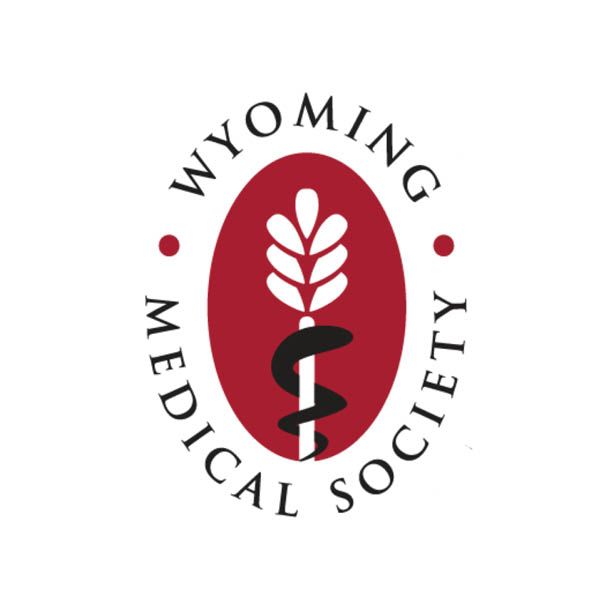
Childhood Trauma: 3 Ways to Help Kids Cope
There are many important ways parents and caregivers can help children who have had traumatic experiences. Some of the most important ones are helping them to feel safe, learn healthy routines, identify and manage their emotions and behavior, and build resilience.
To help your child cope after troubling events, it helps to remember the 3 Rs: reassure, return to routine, and regulate.
1.
Reassure
Remind your child that they are safe and loved.
- Use words and touch (high fives, for example, or hugs if appropriate), and extra one-on-one time.
- Reflect with the child and let them know that it's OK to feel what they're feeling. Try to see the world through their eyes.
- Create safe spaces in the home. Let them make a tent in their bedroom or designate a "safe chair" just for them.
2. Return to routine
Try to maintain regular daily routines. These can promote a sense of safety and normalcy for your child and let them know what to expect.
- Keep dependable routines for meals, bedtime, and time for homework or chores. Depending on age, creating visual schedules and prompts can help. Try to build in time for relaxing activities, such as family walks.
- Explain any changes in the schedule ahead of time. Consider having special routines before and after schedule changes, such as reading the same story, playing the same game, or eating the same meal.
3.
Regulate
Help your child learn "self-regulation" skills to calm themselves and manage their emotions and behaviors.
- Consider relaxation techniques such as belly breathing, stretching, and yoga poses, and tensing and releasing muscles.
- In times of calm, play feeling charades—acting out being hungry, proud, or disappointed, for example.
- Talk about where in the body your child feels the emotion, such as the chest, stomach or head. Name different feelings with different colors.
- Practice skills to use when they get upset or angry, such as deep breathing, seeking an adult, or taking a break for active play or exercise.
Helping your child heal from trauma
It may take your child time to learn to identify and manage feelings after a scary or upsetting event. When your child is having a hard time or strong reactions, try to talk with them at eye level. Stay calm and speak in a relaxed tone. Stay close until your child is calmer and able to connect. Remember not to take their actions personally.
Talk with your child's pediatrician for more parenting tips on helping your child cope after trauma.
Last Updated 6/2/2023
Source American Academy of Pediatrics and Pediatric Approach to Trauma, Treatment and Resilience (Copyright © 2021)
The information contained on this Web site should not be used as a substitute for the medical care and advice of your pediatrician. There may be variations in treatment that your pediatrician may recommend based on individual facts and circumstances.

Disclaimer
This web site is provided for educational and informational purposes only and does not constitute providing medical advice or professional services. The information provided should not be used for diagnosing or treating a health problem or disease, and those seeking personal medical advice should consult with a licensed physician. Always seek the advice of your doctor or other qualified health provider regarding a medical condition. Never disregard professional medical advice or delay in seeking it because of something you have read on the Wyoming Medical Society's website. If you think you may have a medical emergency, call 911 immediately. No physician-patient relationship is created by this web site or its use. Neither WMS nor its employees, nor any contributor to this web site, makes any representations, express or implied, with respect to the information provided herein or to its use.
WyoMed Blog






Browse Our Website
Contact Information
FAX: (307) 632-1973





